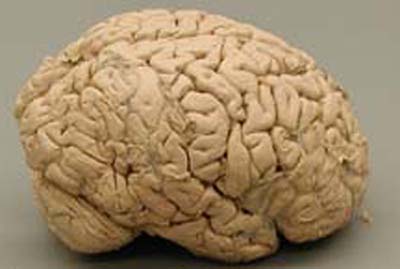In their article, “Toward a Theory of Gender,” Suzanne
Kessler and Wendy McKenna urge us to believe that gender is primarily “socially
constructed” as opposed to a natural, biological fact. In their 20
questions-like game employed to figure out what constitutes gender, Kessler and
McKenna find that “certain information (biological and physical) is seen as
more important than other information (role behavior)” in the process of gender
attribution. More specifically, knowledge of which genitals the person has
always constitutes the gender of that person. Moreover, once that gender
attribution is made, it is the umbrella through which to observe

 © Serendip® 1994 - All rights reserved. Privacy Policy
© Serendip® 1994 - All rights reserved. Privacy Policy




